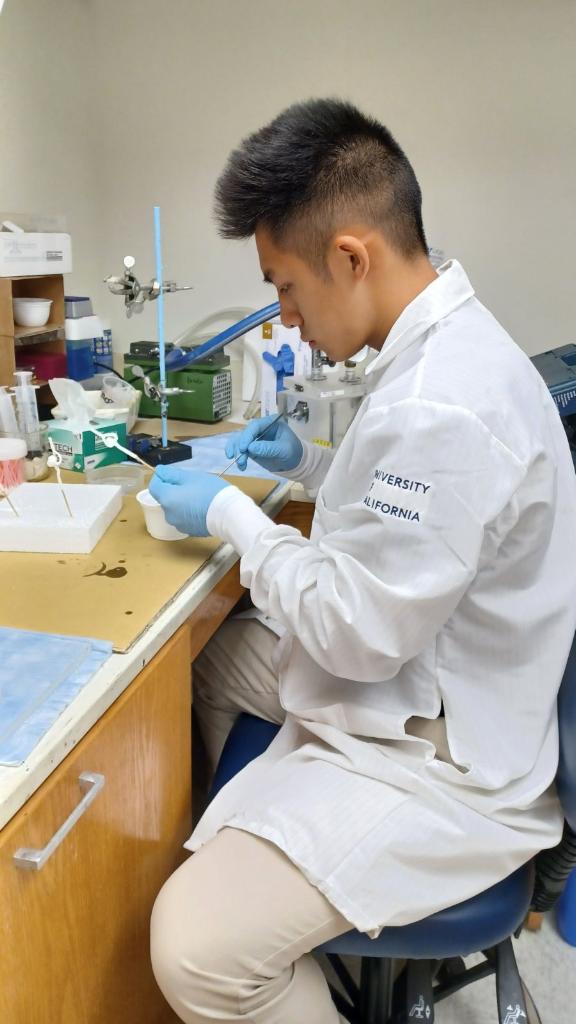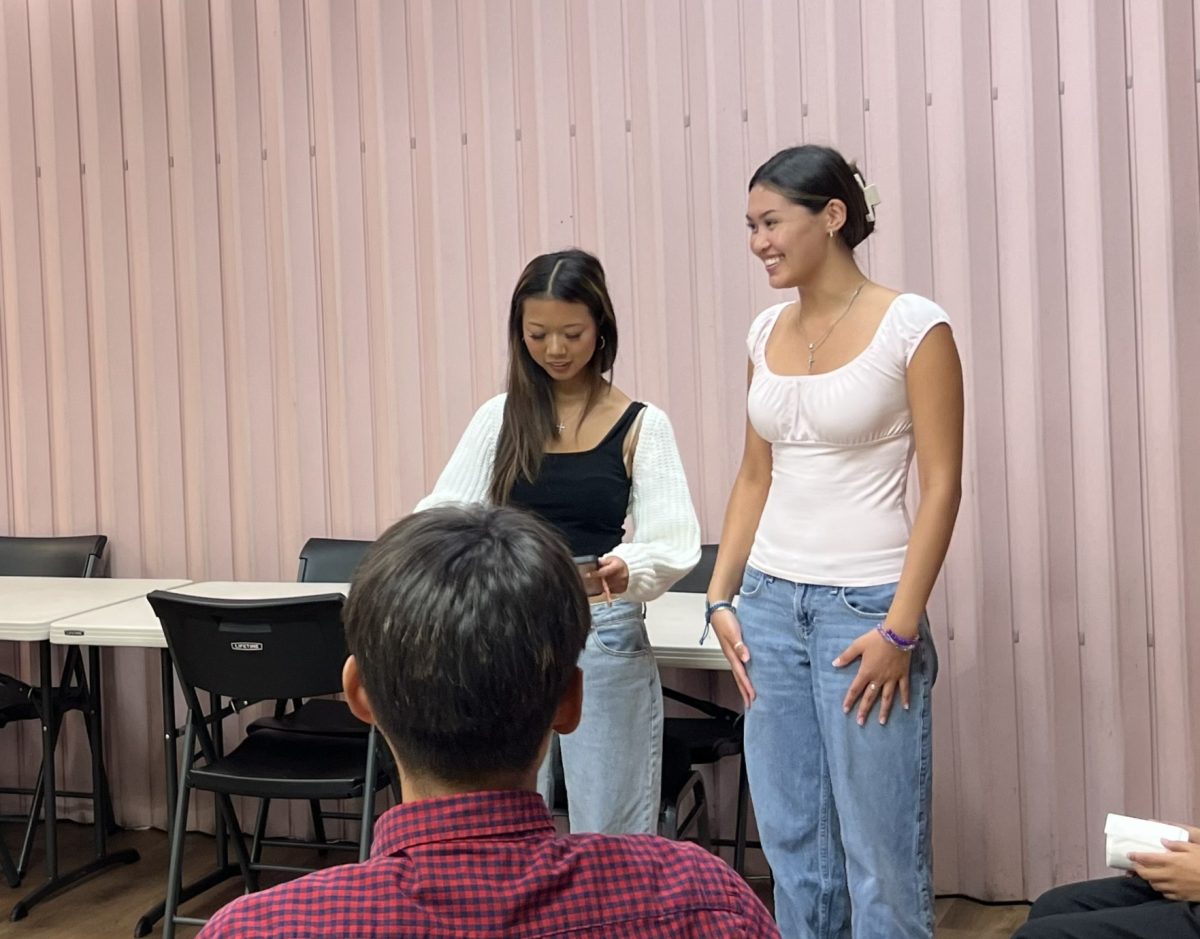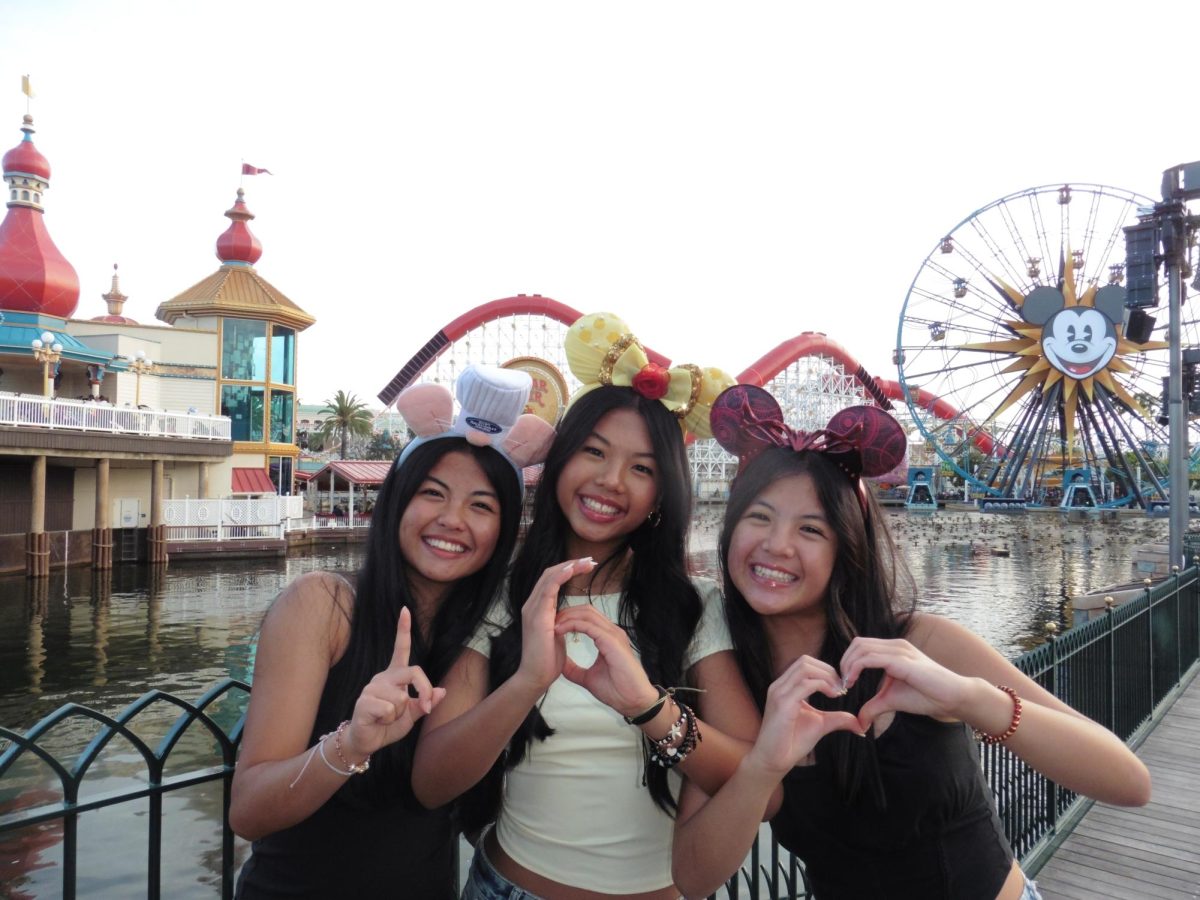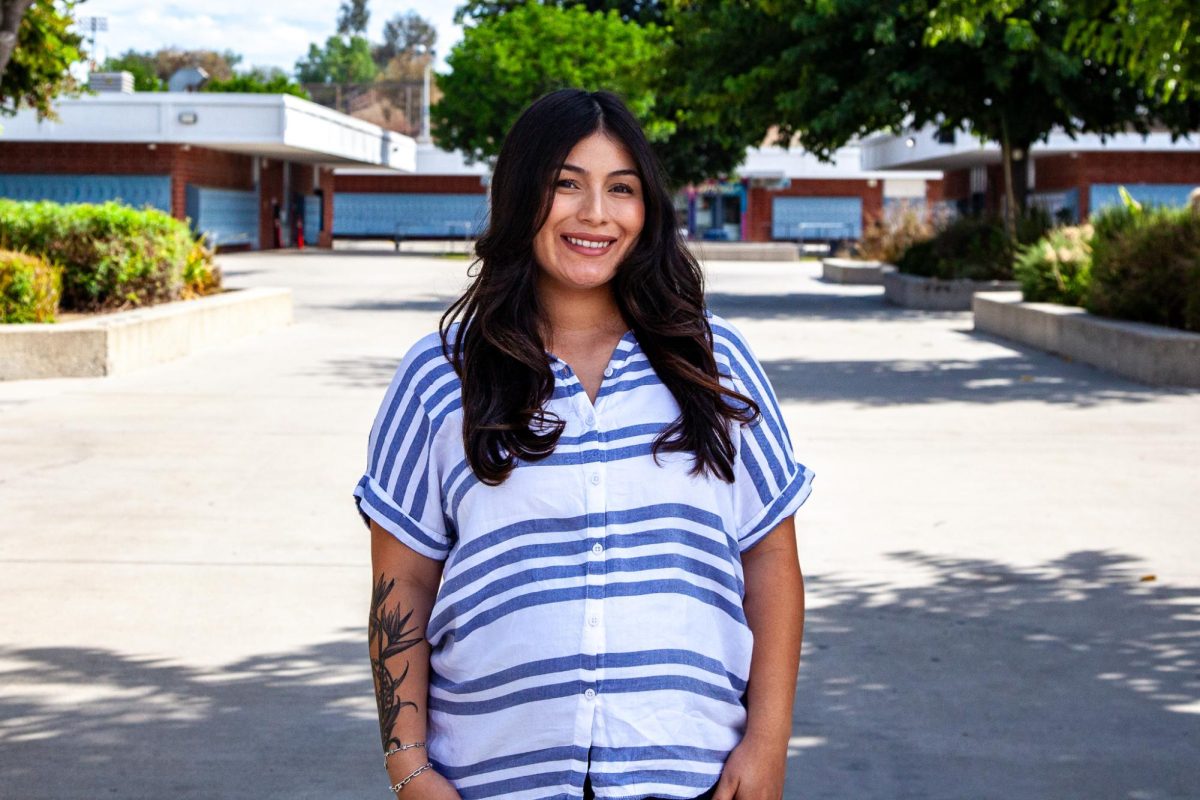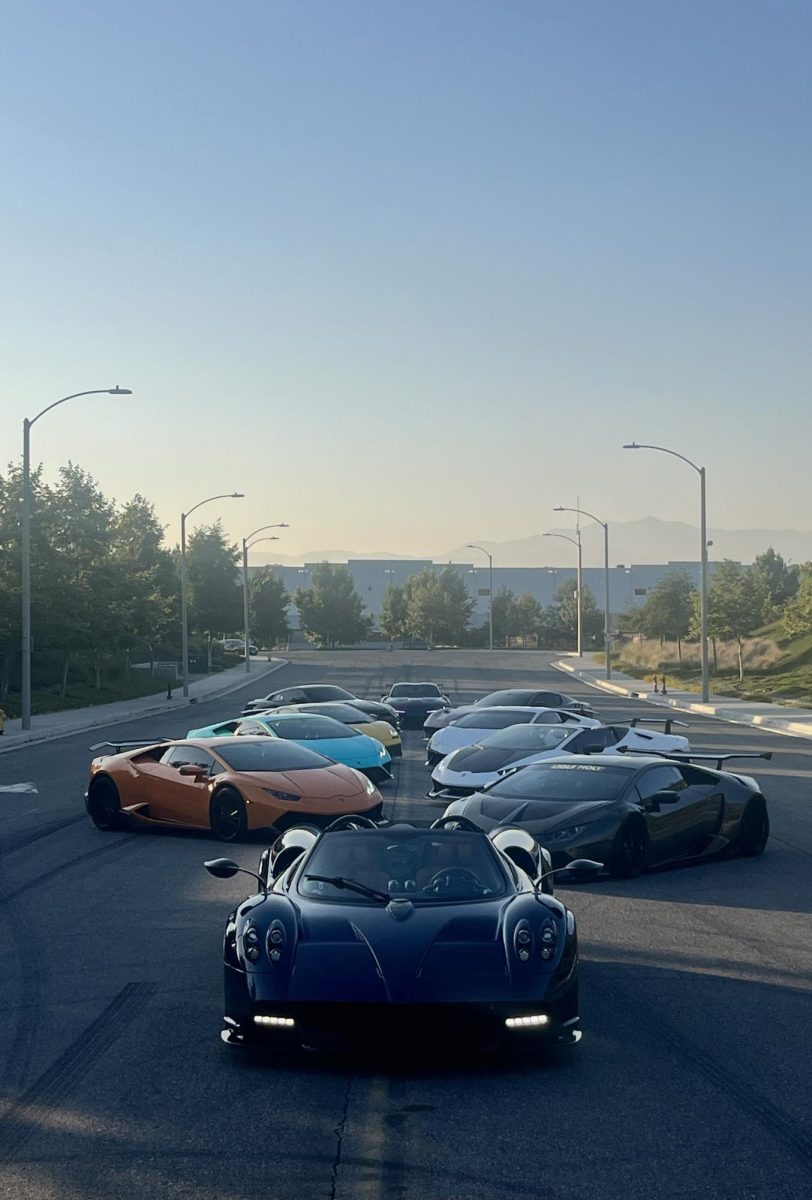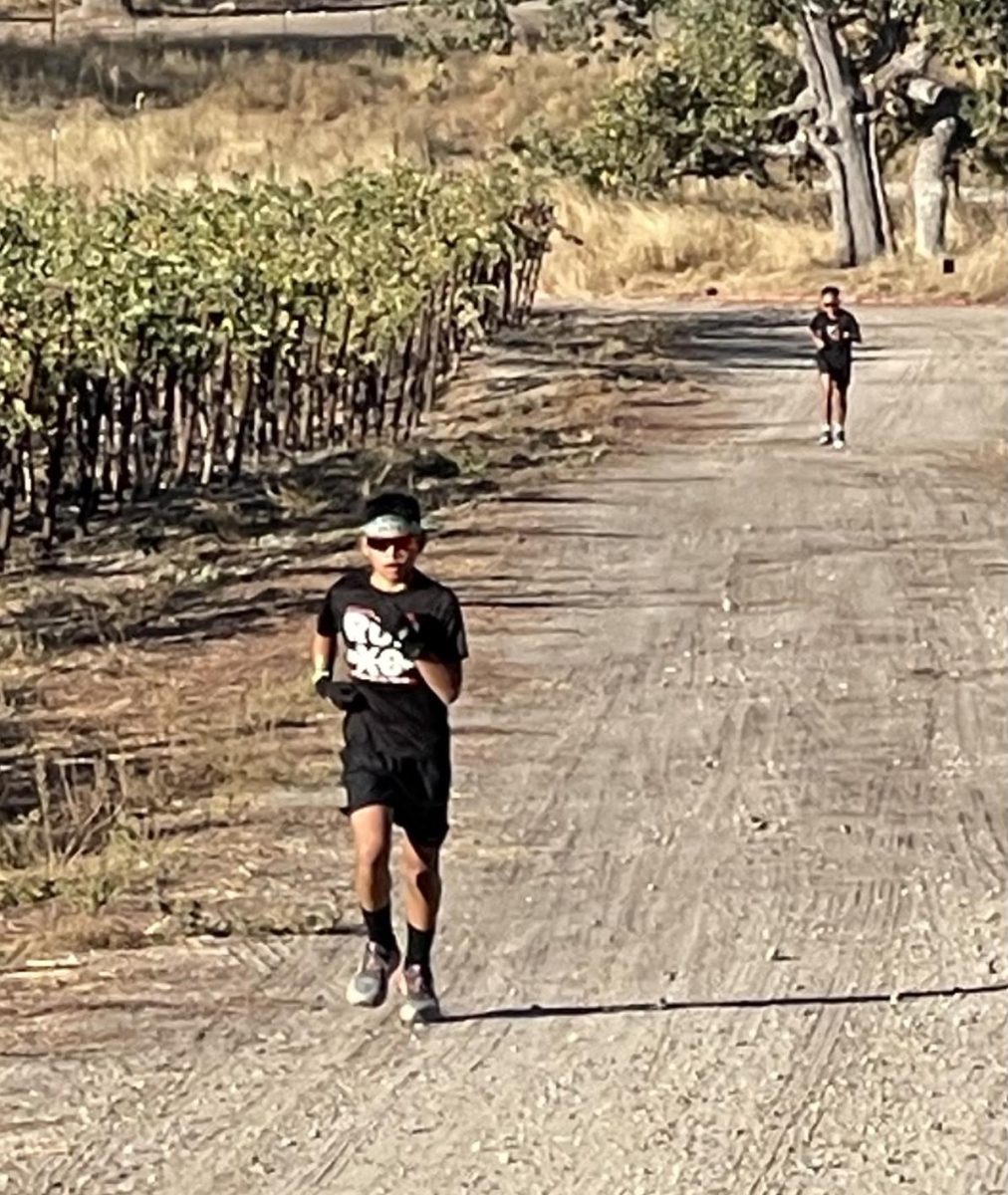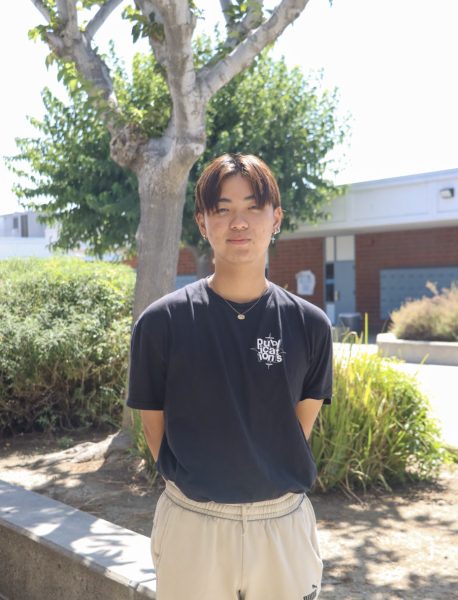A bright smile flashes across senior Caleb Ku’s face as he discusses his summer work at UCLA, the passion in his voice tangible.
Over the span of two months, Ku worked at UCLA with medical professionals and graduate students in order to assist people who have blood clots in their brains and prevent brain aneurysms. They did this through the use of a medical device that enters through the radial vein and travels to the brain to disrupt blood clots. However, the correct use of this device is extremely difficult, so practice is necessary. Ku assisted in this process by crafting silicone models for practice.
“This stuff is very hard because you have to put silicone on, you have to wait for it to cool and then you have to make sure there are no bubbles or deformities,” Ku said. “For the silicone molds you have to spend a lot of time doing very meticulous delicate work.”
Initially, Ku became interested in lab work as a result of resources online, such as YouTube videos that guide students through the medical field.
“They said that if you are in the lab and you’re interacting with a bunch of other doctors and medical professionals, you learn a lot from their experience and a lot of their academic work,” Ku said. “So I decided then that I’d find something that helps me work with medical professionals.”
Though sometimes tedious, this job allowed Ku to fully understand his passion for science.
“I loved every second. I don’t know why; I just found it so interesting. It helped me realize, ‘Oh, this is really what I want to do.’” Ku said. “I was actually having fun. There were no other thoughts in my mind like, ‘I want to escape this.’ I think it was a reaffirmation of what I already love to do.”
Through his work, Ku met people already established in their respective fields such as a biotechnician, vascular neurosurgeon, neurologist and a medical student who placed top five in the nation on the MCAT: a test for medical school admission. In turn, this allowed him to observe their passion and reflect upon his own.
“It’s really nice if you talk with them and actually listen to their passion for science and how you could apply it to life,” Ku said. “I think talking with them and getting that experience from them was the most valuable thing I got out of working there.”
Specifically, Ku connected with the medical student through their shared interest in neuroscience and overall similar approach to life.
“He and I are very similar; we both try to optimize our lives while doing different things,” Ku said. “And it really made me feel like I was on the right path to getting to where I want to be, especially because he was so accomplished.”
This drive that Ku feels causes him to dislike the culture of students impassionately seeking out prestigious opportunities.
“I find it really foolish and not really very smart of them because, say, if I made a million dollars a year being an engineer, I would not do it because I hate math,” Ku said. “If I have a passion, I’m going to center my life around that, instead of centering myself around the money.”
In the future, Ku does not hope to become a doctor, but rather explore other opportunities in the sciences and medical field.
“I want to find a job that is related to science, that I can learn from and where I can help people. That would be my dream job,” Ku said. “I want to try to get my passion down first, and develop that skill I like as much as possible.”

